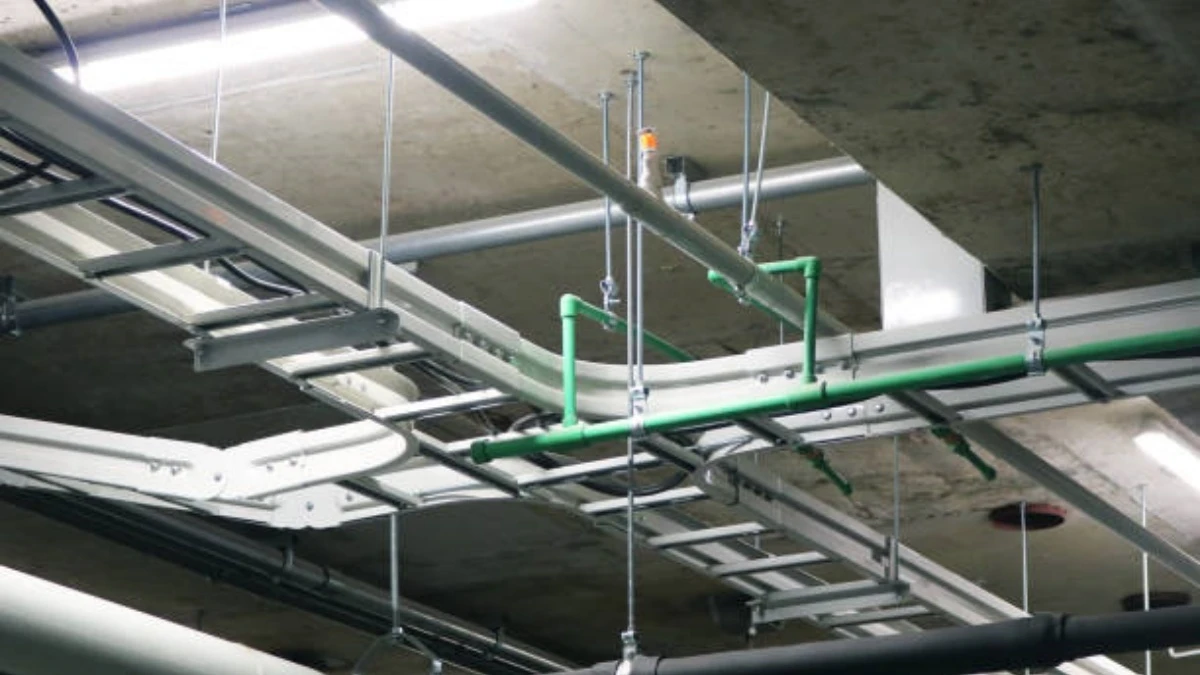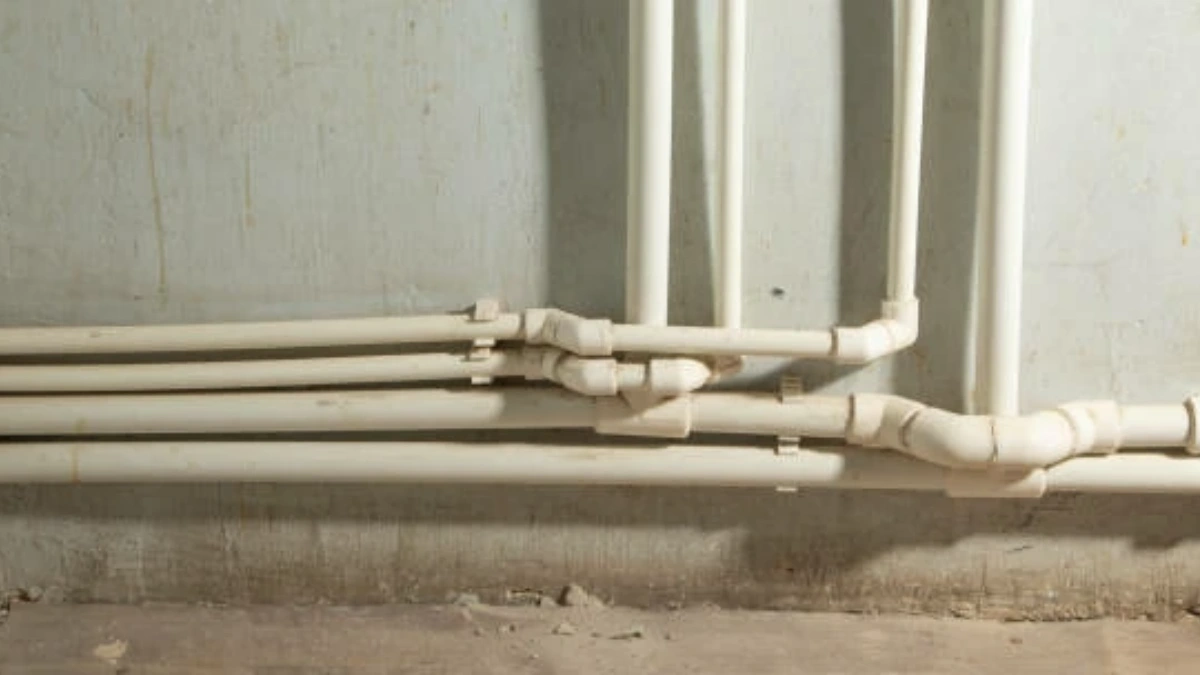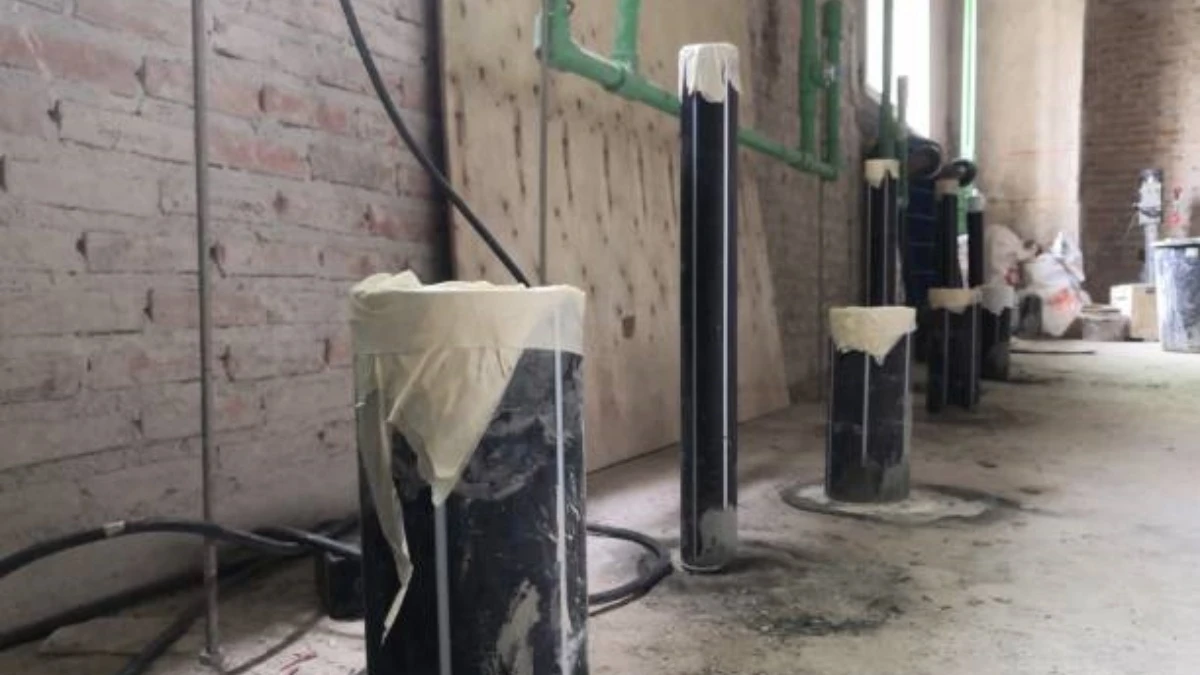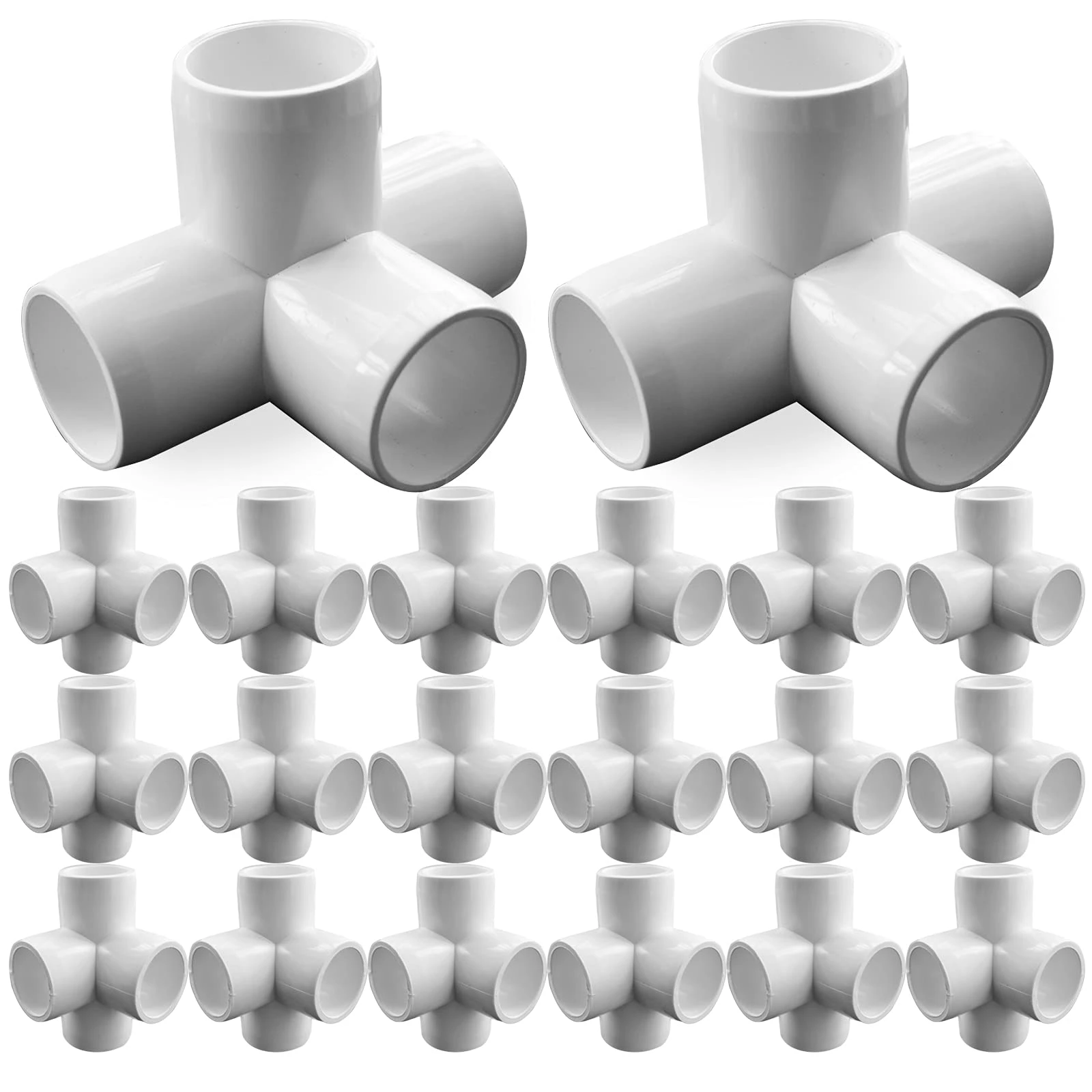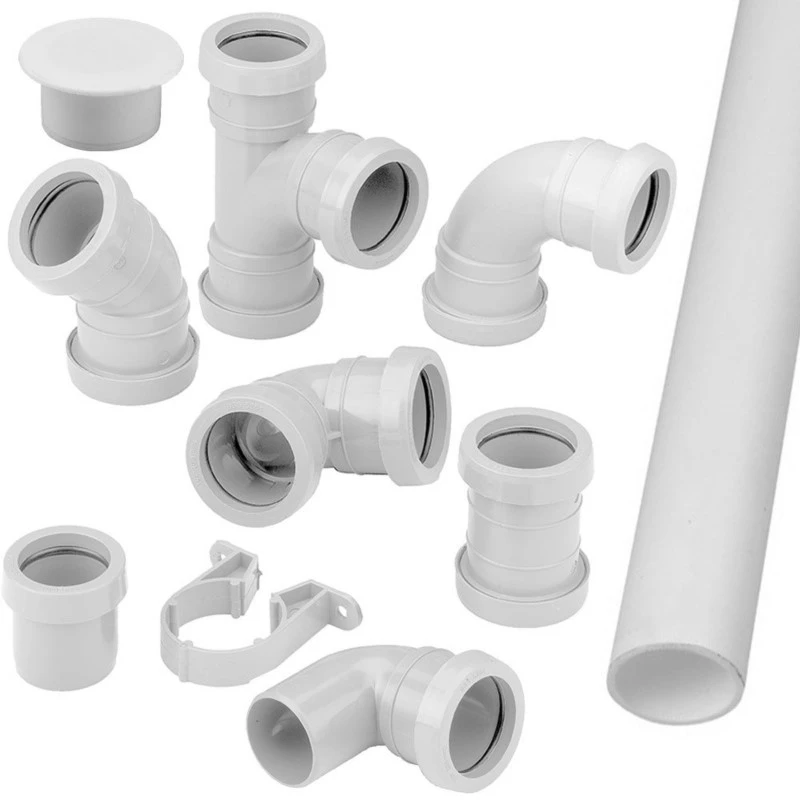Residents in the Cove area have been advised to anticipate temporary water issues as local authorities conduct a valve exercise program. This essential maintenance practice involves operating water system valves to ensure they remain functional and reliable. While the procedure may cause short-term disruptions, it plays a vital role in maintaining the health and efficiency of the water distribution system.
This article explains the importance of valve exercise, the potential water issues it can cause, and how residents can manage these temporary inconveniences.
What Is a Valve Exercise Program?
A valve exercise program is a routine maintenance process that involves opening and closing water system valves to ensure they remain operable. Over time, valves can become stuck or corroded due to disuse, which can lead to serious issues during emergencies like water main breaks or fire response situations.
By regularly exercising these valves, utilities prevent them from seizing up, identify any needed repairs, and maintain the integrity of the water distribution network.
Why Is Valve Exercise Important?
Valve exercise programs are critical for several reasons:
- System Reliability
Regularly operated valves are less likely to fail during emergencies, ensuring that utilities can isolate and address issues quickly. - Improved Water Quality
Exercise helps remove sediment buildup in the system, preventing long-term water quality issues. - Extended Infrastructure Lifespan
Proper maintenance reduces wear and tear on valves and pipes, delaying the need for costly replacements. - Regulatory Compliance
Many local and national regulations require utilities to perform routine valve exercises to ensure public safety and service reliability.
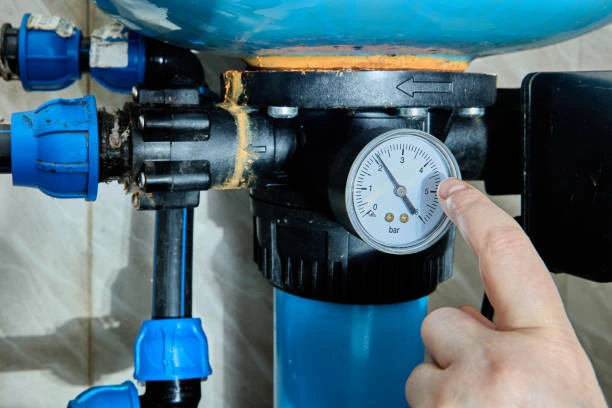
Potential Water Issues During Valve Exercise
While beneficial, valve exercises can temporarily cause water-related issues for residents, including:
- Discolored Water
Operating valves can disturb sediment in the pipes, leading to cloudy or brownish water. - Reduced Water Pressure
Temporary adjustments to the water flow may result in lower pressure for nearby homes and businesses. - Intermittent Service Interruptions
In some cases, valve operation may require brief shutdowns to isolate specific areas. - Unusual Noises
Residents might hear banging or hissing sounds from their pipes as air or debris moves through the system.
These issues are generally short-lived and resolve once the valve exercise is complete.
How to Handle Water Issues During Valve Exercise
Residents can take a few steps to manage and mitigate the effects of valve exercise:
- Flush Your Taps
If water appears discolored, run the cold water tap closest to your meter for a few minutes until it clears. - Avoid Using Hot Water
Refrain from using hot water during discoloration to prevent sediment from entering your water heater. - Delay Laundry and Dishwashing
Wait until water clears before using appliances to avoid staining clothes or dishes. - Monitor Updates
Stay informed by checking announcements from local utilities about the timing and duration of valve exercises. - Report Persistent Issues
If water problems continue beyond the expected timeframe, contact your local water utility for assistance.
Benefits of Valve Exercise for the Cove Area
The long-term advantages of a valve exercise program far outweigh the short-term inconveniences:
- Better Emergency Response
Reliable valves allow utilities to isolate sections of the system quickly, minimizing the impact of leaks or breaks. - Enhanced Service Quality
Regular maintenance ensures consistent water pressure and cleanliness. - Cost Savings
Preventative maintenance reduces the likelihood of expensive emergency repairs. - Community Resilience
A well-maintained water system supports public health and safety, especially during disasters or peak demand periods.
Communicating with Residents
Clear communication between utilities and residents is essential to the success of valve exercise programs. Authorities can enhance transparency by:
- Issuing Advance Notices
Informing residents about the timing, expected impacts, and purpose of valve exercises. - Providing Real-Time Updates
Sharing progress and addressing concerns through social media, websites, or community hotlines. - Engaging with the Community
Hosting informational sessions to explain the benefits and address common questions.
How Long Will the Impacts Last?
Water issues caused by valve exercise are usually short-lived, with most disruptions resolving within a few hours. In rare cases, persistent sediment or pressure problems may take longer to clear, requiring additional maintenance or customer support.
Preparing for Future Valve Exercises
To minimize the impact of future valve exercises, residents can take the following proactive steps:
- Keep Emergency Water Supplies
Store enough water for drinking and essential activities during maintenance periods. - Maintain Plumbing Fixtures
Regularly clean aerators and filters to prevent sediment buildup. - Stay Connected
Subscribe to utility notifications or follow local news to stay informed about upcoming programs.
Conclusion
Valve exercise programs, while temporarily disruptive, are critical to ensuring the reliability and safety of the Cove area’s water system. By maintaining and inspecting valves regularly, utilities can improve water quality, reduce emergency response times, and prolong the lifespan of infrastructure.
Residents can navigate these short-term inconveniences by staying informed, taking preventive measures, and understanding the long-term benefits of a well-maintained water network.
FAQs
1. What is valve exercise?
Valve exercise is a maintenance process that involves opening and closing water system valves to ensure they remain functional and prevent long-term issues.
2. Why does valve exercise cause discolored water?
Operating valves disturbs sediment that naturally settles in pipes, mixing it with the water and causing temporary discoloration.
3. Is discolored water safe to drink?
Discolored water is generally safe but may have an unpleasant taste. Running your cold water tap until it clears is recommended.
4. How often are valve exercises conducted?
Valve exercises are typically performed annually or as part of routine maintenance schedules, depending on the utility.
5. What should I do if water issues persist after valve exercise?
Contact your local water utility to report ongoing problems and seek further assistance.








